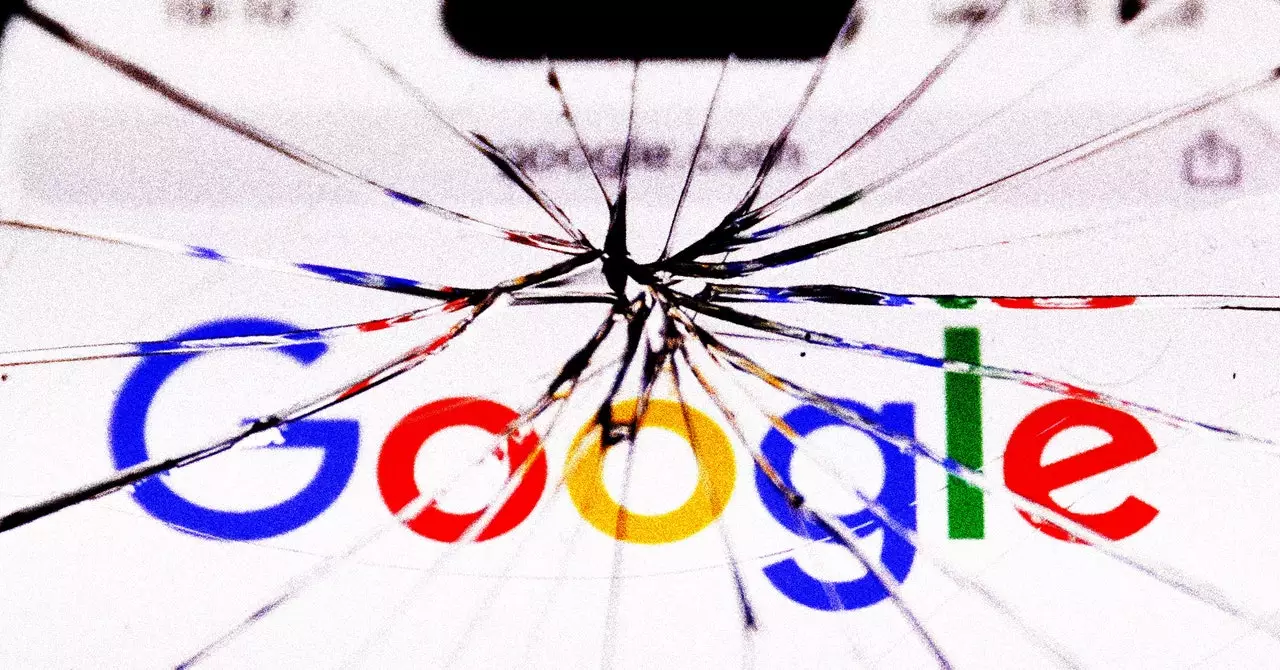Recently, Google’s new AI Overview feature came under fire after producing bizarre and misleading answers to search queries, which quickly went viral on social media. Google’s head of search, Liz Reid, initially downplayed the issues but eventually admitted that there were areas that needed improvement. Some of the viral responses included endorsing eating rocks for health benefits and suggesting using glue to thicken pizza sauce.
The root cause of these inaccuracies was attributed to the AI tool misinterpreting information from sources like The Onion, a satirical website, and discussion forums. Reid acknowledged that the feature had trouble distinguishing between genuine advice and sarcastic or troll-y content, leading to misleading results. This raised concerns about the reliability of AI-generated content and the potential consequences of users taking such advice seriously.
Despite the embarrassing failures, Reid defended Google’s new search upgrade, emphasizing that extensive testing had been conducted before the launch. She highlighted the positive feedback received from users who found AI Overviews valuable in their search experience. However, the discrepancies in the responses generated doubt about the accuracy and credibility of the feature, prompting Google to make technical improvements to prevent nonsensical results.
Several widely circulated screenshots showcasing fake AI Overviews perpetuated the negative publicity surrounding the feature. Publications like WIRED debunked these screenshots and confirmed that some of the outrageous claims attributed to Google were fabricated. The misinformation spread on social media and even led to false reporting by reputable sources like The New York Times, further complicating the public perception of Google’s AI capabilities.
Improvements and Future Plans
Reid disclosed that Google had implemented more than a dozen technical enhancements to address the flaws in AI Overviews. These improvements aimed to enhance the detection of nonsensical queries, reduce reliance on user-generated content, limit the frequency of AI summaries, and reinforce safeguards for sensitive topics like health. While Google acknowledged the need for continuous monitoring and adjustments based on user feedback, the specifics of these ongoing developments remained unspecified.
The scrutiny faced by Google’s AI Overview feature underscored the challenges of balancing accuracy, relevance, and user experience in automated search technologies. The incident served as a learning opportunity for Google to refine its AI algorithms and algorithms for misinformation detection. Moving forward, transparency, accountability, and user safety must be central considerations in the development and deployment of AI-driven features to build trust and credibility with the public.


Leave a Reply